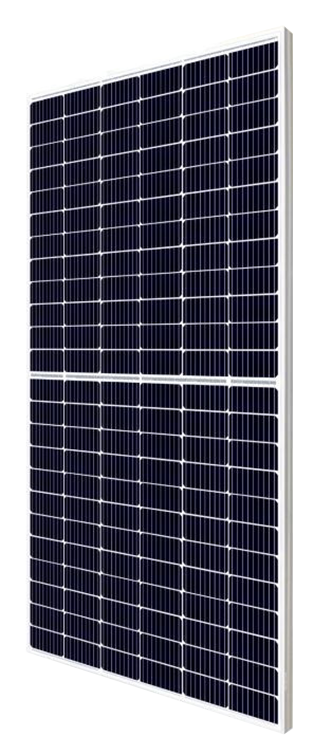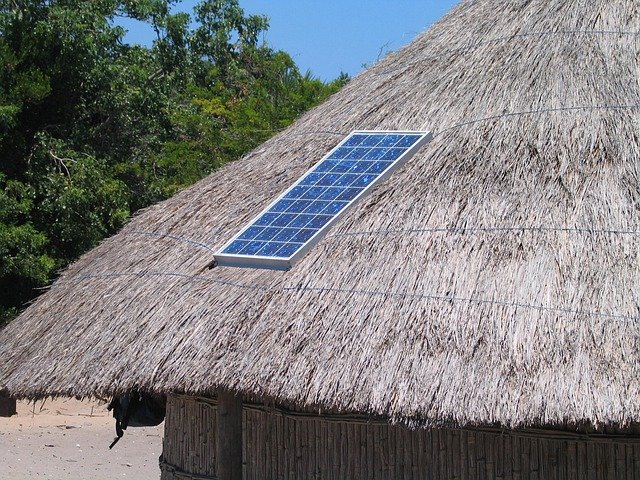
Solar power for cars is a great option if you want to reduce your carbon footprint. Many car manufacturers offer hybrid systems and solar panels. Lightyear 0 is one example, while other models include the Hyundai Sonata Hybrid and Maruti Suzuki.
Lightyear 0
Although the Lightyear 0 solar powered car has been in development for a while, it is still a long way off being ready for production. It is very similar to the Tesla Model 0 but has some significant differences. Although the battery is smaller, it is still more powerful than the Model 0 thanks to its aerodynamic design and four in-wheel motors.
The Lightyear zero solar car boasts a staggering range of 388 miles. It can also reduce your time waiting at the station. Lightyear says that drivers can travel up to seven times without the need to charge their car in sunny weather. In cloudy climates, charging would be required after two months.

Sono Motors
Sono Motors was founded in a Munich garage 10 years ago. The company had the idea to use solar power to power cars. The company recognized that solar power could be used to help speed up the adoption of electric vehicles. The majority of people in Germany rent apartments and are often unable to plug in their cars to recharge. However, the addition of solar panels to a car significantly extends the range.
Sono Motors is proud to have produced the Sion solar vehicle. This battery-electric crossover uses sunlight to produce electricity and increase the car's range. Despite its high-tech design, Sono Motors is not yet ready to begin deliveries of its first vehicle.
Hyundai Sonata Hybrid
The solar roof can be used to make your Sonata Hybrid greener. Hyundai is not the first to utilize this technology. Toyota was the first to use solar panels to cover the roof of their Prius in 2012. The solar roof did not work well and only provided secondary power. It also didn’t provide any range.
The rooftop solar panels of Hyundai Sonata Hybrid provide an extremely efficient source of power, providing up to 22.8%. This is considerably higher than the average rooftop solar panel which achieves only 1519%. However, efficiency depends on external conditions as well. For instance, dead leaves and tarnished roofs can reduce production by as much as 310%.

Maruti Suzuki
Maruti Suzuki believes in renewable energy and the new Manesar-based solar power plant is a good example of this commitment. In 2014, the company established a 1MW solar power plant in Manesar and then increased it to 1.3MW. The company will have more than 6.3 MW annually of solar power, which is enough to power Maruti Suzuki’s manufacturing facilities.
For Maruti Suzuki's manufacturing plant in Gurugram (India), solar power will replace fossil fuels. To produce energy for the facility, the carmaker intends to install photovoltaic panel systems in carports. Solar panels will generate clean energy while protecting cars parked under them from harsh climatic conditions. The company currently relies on grid power as well as a captive, natural gas-based power plant to supply the manufacturing requirements of its Gurugram facility.